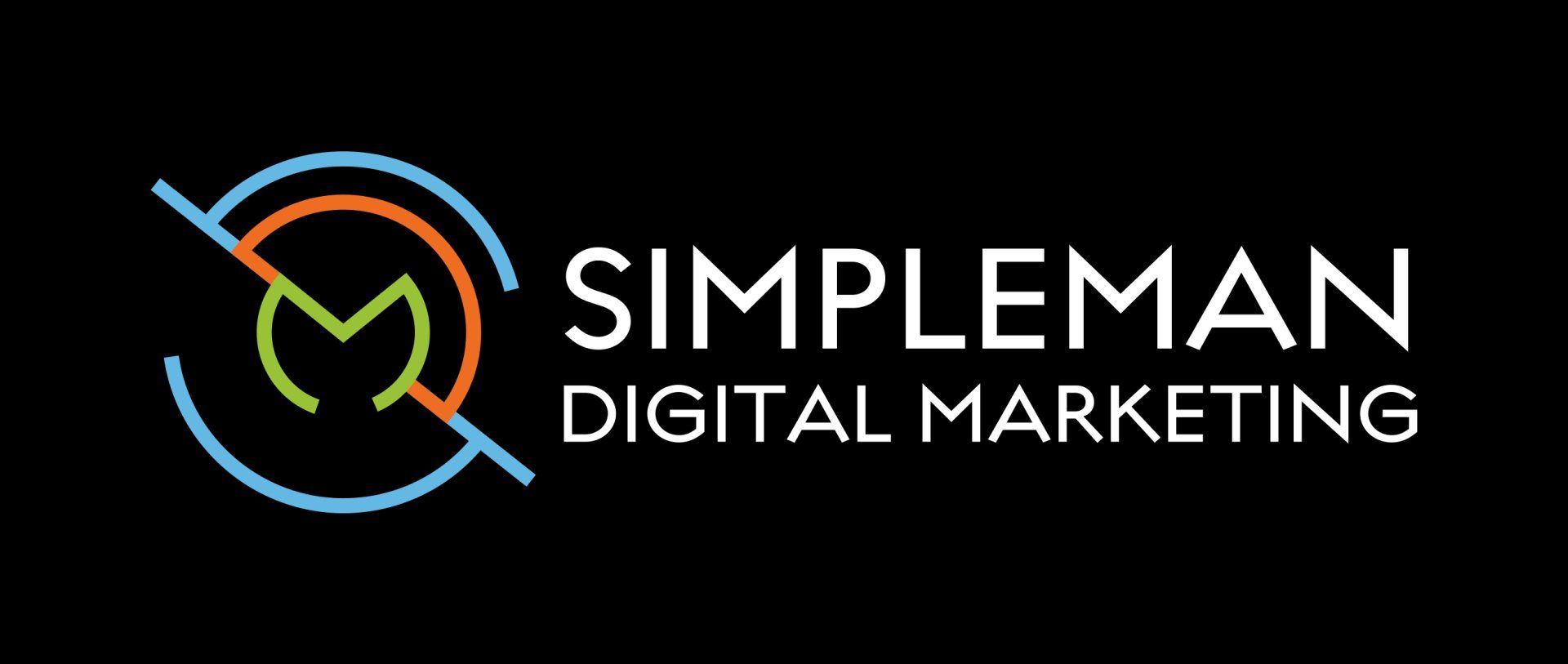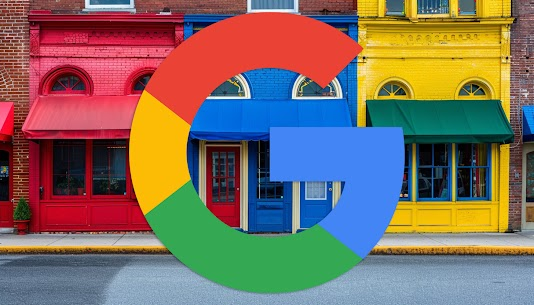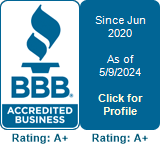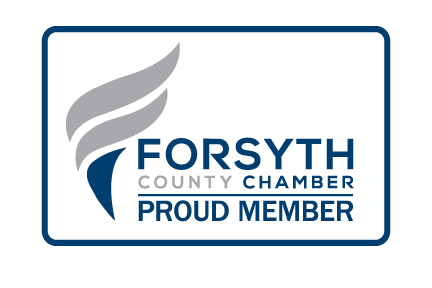In this day and age, an optimal website design is more than just an online presence—it’s a powerful tool for converting visitors into paying customers. Whether you’re a small business owner, a startup founder, or a seasoned marketer, optimizing your website for conversions is essential. In this article, we’ll look at five proven strategies to transform casual browsers into loyal patrons.
1. Optimize Your Landing Page for Maximum Impact
Your landing page is the gateway to your business. Because it’s where visitors decide whether to stay or bounce, it is critical for converting traffic from specific campaigns. Here’s how to make your landing page irresistible:
- Clear Value Proposition: Within seconds, visitors should know what you offer. Use concise headlines, compelling visuals, and a strong call-to-action (CTA). For example, if you’re a golf cart sales/service provider, your CTA could be “Shop Now” or “Schedule a Service Appointment.”
- Trust Signals: Display trust badges, client logos, and customer testimonials. People trust businesses that others vouch for. Suppose you own a barber shop, displaying a customer testimonial like “Great service and friendly staff!” can go a long way.
- Mobile-Friendly Design: Over half of web traffic comes from mobile devices. Make sure your landing page looks great on all screens.
2. Craft Persuasive Product Descriptions
Your product or service descriptions can make or break a sale. Be descriptive, highlight benefits, and address pain points:
- Features vs. Benefits: Instead of listing features, focus on how those features solve problems. For instance, if you sell ergonomic office chairs, emphasize how they reduce back pain and boost productivity.
- Use Storytelling: Paint a vivid picture. Describe scenarios where your product shines. For instance, “Imagine sitting comfortably during those marathon work-from-home sessions.”
3. Implement SEO Best Practices
Search engine optimization (SEO) ensures your website ranks high on Google. Here’s how to optimize for both users and search engines:
- Keyword Research: Use tools like Google Keyword Planner to find relevant keywords. Take “dry cleaners,” for example; consider long-tail variations like “eco-friendly dry cleaners in Cumming, GA.”
- High-Quality Content: Regularly publish informative blog posts related to your industry, centered around the keywords you’ve identified. This will attract both users and search engines to your site. Google rewards fresh, valuable content with higher rankings.
- Meta Tags: Craft compelling meta titles and descriptions. These snippets appear in search results and influence click-through rates. Include your keywords, but avoid keyword stuffing. If you have a nail salon business, for example, your meta title could be “Best Nail Salon in Forsyth County | High-Quality Services at Affordable Prices.”
4. Fine-Tune Your Google Ads Campaign
PPC advertising can drive targeted traffic to your site. Maximize your Google Ads campaign with these tips:
- Keyword Match Types: Use broad match, phrase match, and exact match keywords strategically. Monitor performance and adjust accordingly. Example: If you have a pet store, use broad match for “dog toys”, phrase match for “affordable dog toys”, and exact match for “best dog toys”. This will help you reach a wider audience while still targeting specific keywords.
- Write Compelling Ad Copy: Your ad copy should be short, concise, and persuasive. Use action words and highlight your unique selling points. Make sure to include relevant keywords in your ad copy.
- Test Different Ad Formats: Google Ads offers a variety of ad formats including text ads, display ads, video ads, and more. Test different formats to see what resonates with your target audience.
- Monitor Your Ads Constantly: It's important to regularly monitor the performance of your Google Ads campaigns. Keep track of metrics such as clicks, impressions, conversions, and cost-per-click (CPC). This will help you identify areas for improvement and optimize your ads for better results. Don’t forget to adjust your bids as well to ensure you are getting the most out of your budget. For example, if you notice that a particular ad is getting a lot of clicks but not converting into sales, try increasing your bid to get it in front of more potential customers.
- Ad Extensions: Add site links, callouts, and structured snippets to enhance your ad’s visibility. For example, if you offer a 10% discount on first-time customers, add it as a callout to attract attention and entice potential customers.
- Landing Page Relevance: Ensure your ad aligns with the landing page content. Consistency matters. For instance, if your ad is promoting a specific product or service, make sure the landing page highlights that same product or service. This will not only improve your quality score but also increase the likelihood of conversions.
5. Optimize For Voice Search
Voice search is becoming increasingly popular, and optimizing your website for it can help capture this growing segment of users, improve your website’s visibility, and attract more traffic, leading to higher conversion potential. Here’s how to optimize your website for voice search:
- Write Like You Talk: Focus on long-tail keywords and natural, conversational language phrases in your content that people are likely to use when speaking into a voice assistant or smart speaker. For instance, instead of optimizing for "best pizza in town," you could use phrases like "where can I find the best pizza?"
- Enhance SEO with Structured Data: Utilize structured data markup or schema markup to provide clear information to search engines about your content, making it easier for them to understand and present in voice search results. For example, on a restaurant website, you could use schema markup to highlight key information such as hours of operation, menu items, and address.
- Answer FAQs: Provide concise answers to commonly asked questions related to your business or industry on your website. This can increase the chances of being featured in a Google “featured snippet” which often appears as the top result in a voice search.
By optimizing for voice search, you can improve your chances of being found and selected by users when they ask a question or make a query through their voice assistant. With the rise of smart speakers like Amazon Echo, Alexa, and Google Home, voice search is becoming increasingly popular and can greatly impact your website's traffic and visibility.
Conclusion
Turning website visitors into customers requires a strategic approach to website design, SEO, and PPC management. By implementing the battle-tested tactics outlined above, you can enhance user experience, drive targeted traffic, and increase conversion rates.
At Simpleman Digital Marketing, we specialize in helping local businesses optimize their websites and marketing strategies. Our team of experts can assist you with SEO, PPC management, and tailored website design Cumming businesses can rely on.
So, if you’re ready to watch your conversion rates soar, contact Simpleman Digital Marketing today!





